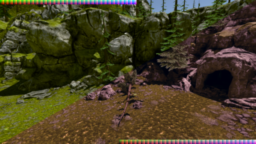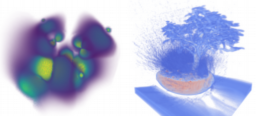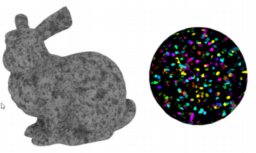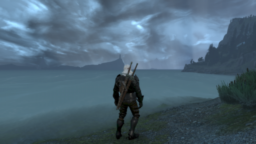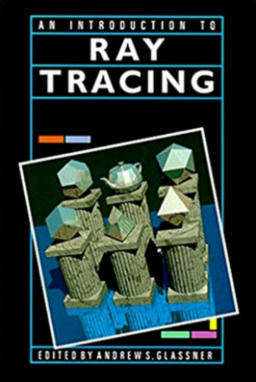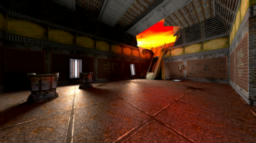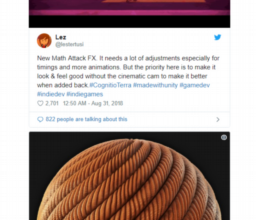Graphics Programming weekly - Issue 69 — January 20, 2019
- describes lookup table based (LUT) color grading in LDR color space
- shows how to represent the 3D color space in a 2D image
- LUT is embedded into the picture during color grading and later used to apply the transform at runtime
- walkthrough of the implementation using Unity
- explains how to port an existing iOS OpenGL application to use Metal
- shows everything required for a spinning 3D cube on screen
- including shader authoring, render pipeline creation, uploading of data from the CPU to the GPU and draw call execution
- providing resources for future steps at the end of the article
- implementation of ray marching
- renders the back faces of the bounding volume to determine on which pixels raymarching needs to be done
- simplified absorption model, ignoring the scattering effects
- the vertex shader is used to calculate the ray direction and pass it to the pixel-shader
- lookup texture is used to color to the greyscale information from the 3D volume texture
- cellular noise created from a quadtree grid structure
- presents a method that calculates the optimal order in which neighboring cells need to be visited in 2D
- introduces how to generalize this into higher dimensions and provides a python script can generate lookup tables to store the optimal visit order
- the technique reduces computation time by around 15%
- explains how the distant rain shafts in The Witcher 3 are implemented
- large cylinders in the distant use noise textures with UV distortion
- reading back the scene depth buffer is used to fade out the effect on distance objects
- reverse engineered source code provided
- the first book on raytracing “An Introduction to Ray Tracing” from 1989 is now freely available as PDF
- full path tracing implementation of Quake 2
- implemented Vulkan and the RTX raytracing extension
- uses an adaptive temporal filter for light transport paths to reduce noise
- start of weekly curation of tweets about 3D (technical) art, shaders, and VFX
